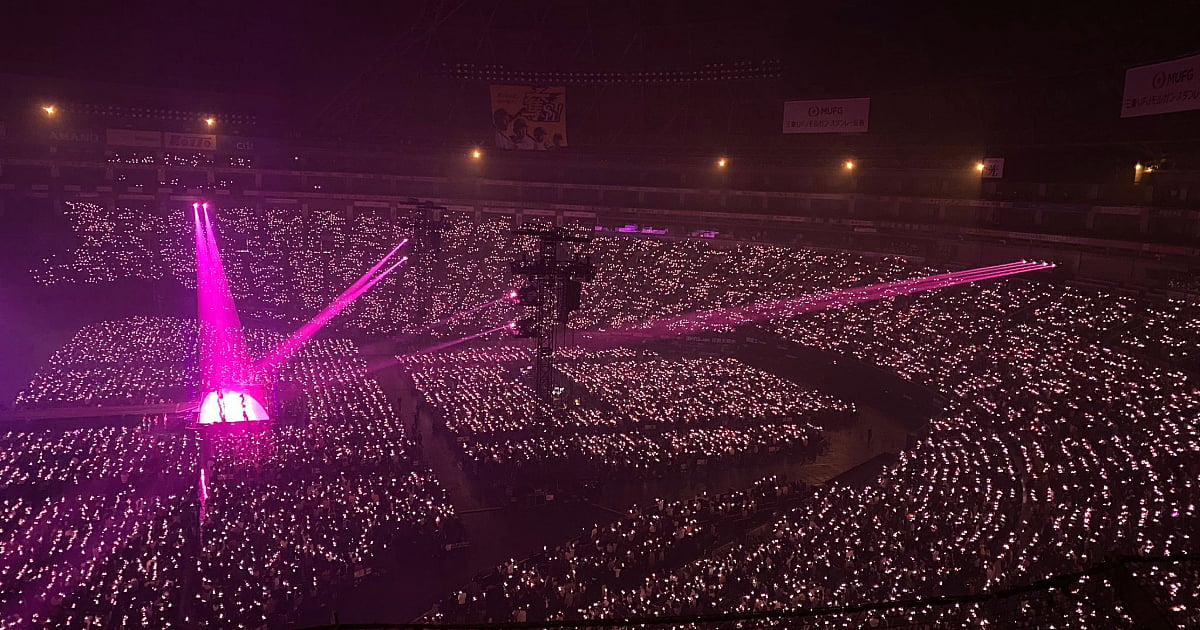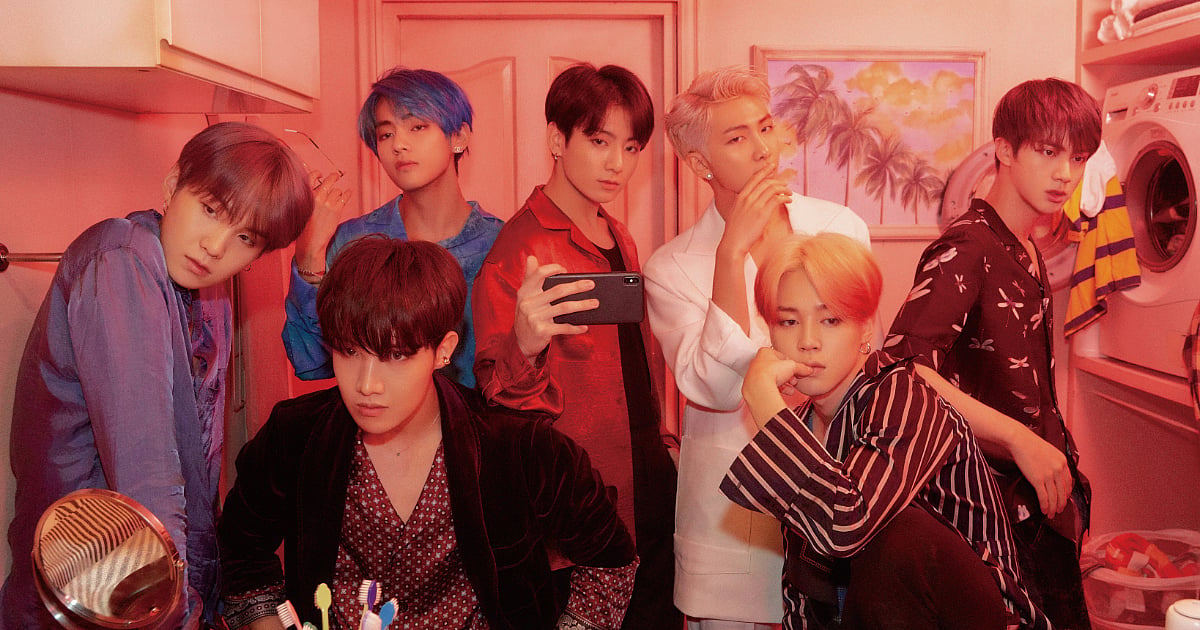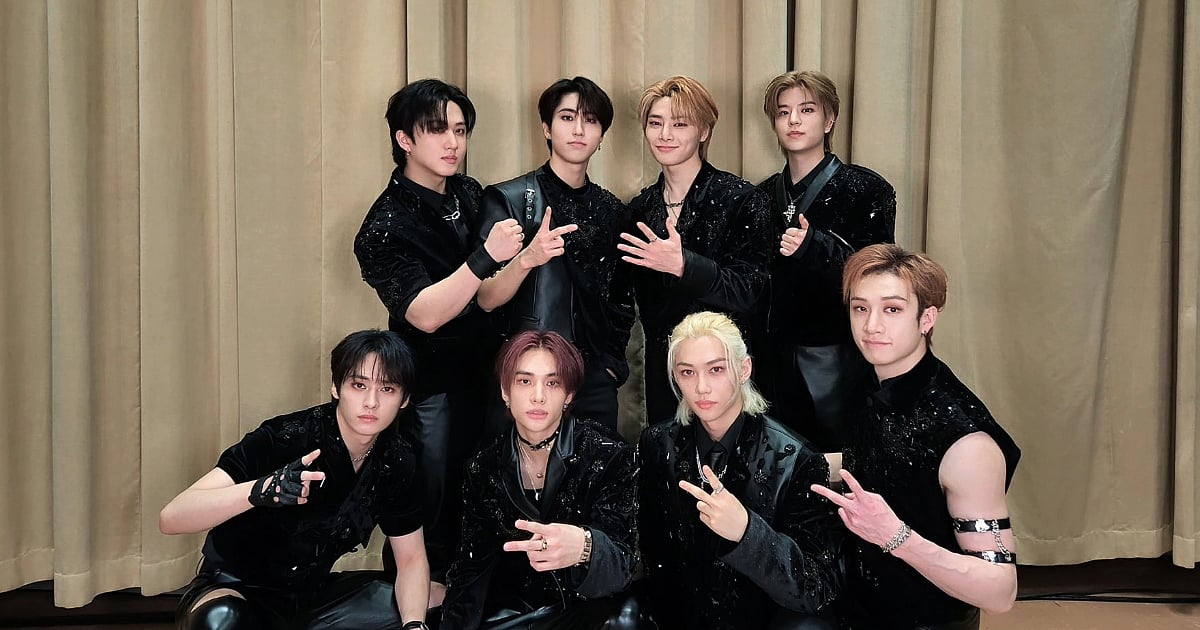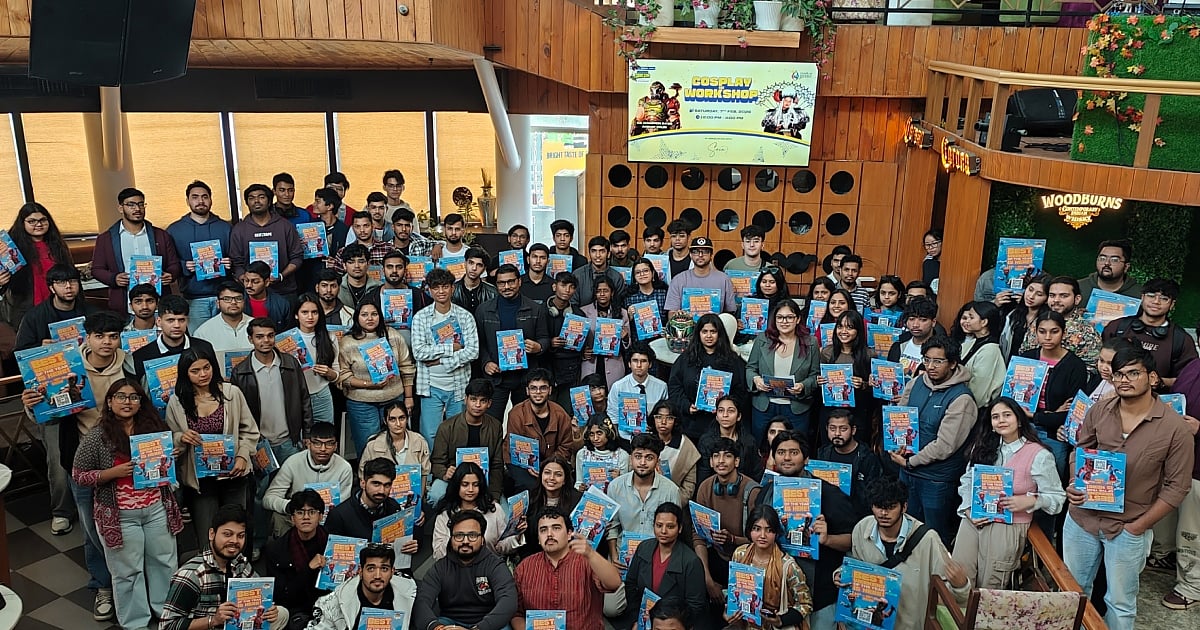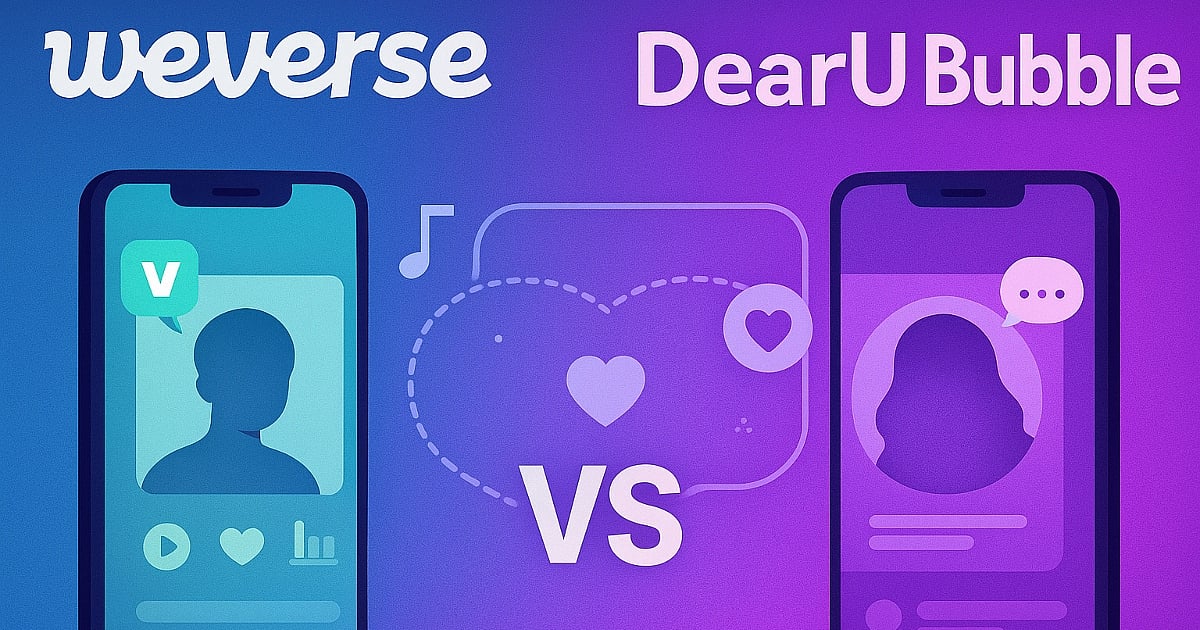
Monetizing K-Pop Intimacy
Weverse vs. Bubble: The Battle for K-Pop Fans
K-pop giants are shifting from selling songs to monetizing intimacy. Platforms like Weverse and Bubble turn emotional loyalty into a high-margin, recurring asset class.
Highlights
- K-pop platforms like Weverse are monetizing fan intimacy rather than just selling music.
- Subscription models turn volatile fandom into predictable, recurring revenue streams.
- This strategy prioritizes data ownership and direct sales over traditional industry reliance
In the global music industry, we need to stop pretending that the song is the product. It isn’t. In 2025, music is merely the marketing funnel. The real product—the one generating billions of dollars in recurring revenue and reshaping the entertainment landscape is intimacy. Welcome to the industrial revolution of fandom.
While Western artists still rely heavily on Spotify streams and exhausting world tours to pay the bills, South Korean entertainment conglomerates have quietly built a sophisticated digital infrastructure that monetises the relationship between star and fan.
This isn’t just about selling albums anymore. It is about enclosing the fan experience within proprietary "walled gardens" where every interaction is tracked, analysed, and monetised. Platforms like Weverse, DearU Bubble, and Lysn have successfully turned emotional attachment into a high-margin asset class. They have created a financial fortress that the rest of the global music business is now closely studying in hopes of replication.
The Great Pivot: Why Music Wasn't Enough
To understand why companies like HYBE (the home of BTS) and SM Entertainment built these massive platforms, you have to look at the inherent flaw in the traditional music business: volatility. Relying on artists to tour or release albums is incredibly risky. Artists get sick, they burn out, and in South Korea, male idols face mandatory military service. When the artist stops working, the money usually stops flowing.
This vulnerability forced a massive strategic pivot toward "Artist-Indirect" revenue. This is money made using the artist's brand without requiring their physical presence. The impact of this shift was starkly visible during the hiatus of global superstars BTS.
Despite the group’s pause for military service, HYBE’s revenue continued to climb, hitting record highs in 2024 and continuing strong into 2025. By moving fans from transactional purchases to subscription models, they built a financial safety net where revenue comes from monthly fees and merchandise, insulating the company from the unpredictability of human talent.
Weverse: The E-Commerce Giant Disguised as a Social Network
If you want to see the future of the "Super App", look at Weverse. Operated by HYBE, Weverse is often mistaken for a fan community or social network, but underneath the hood, it is a logistics and e-commerce beast. Its primary goal is to keep the fan within a single ecosystem for every need: watching content, chatting, and, most importantly, shopping.
The financial results are staggering. In the third quarter of 2025 alone, HYBE generated over $500 million in revenue, a figure driven largely by the platform's integration of merchandise sales, content licensing, and digital memberships. Unlike Western artists who direct fans to Amazon, Weverse keeps it in-house.
Merchandise sales on the platform surged 70% year-over-year to over 168 billion won (approximately $121 million) in Q3 2025. By controlling global fulfilment centres in Korea, the US, and Japan, they manage the supply chain from factory to doorstep.
They have even introduced "Weverse by Fans", a print-on-demand service that eliminates the risk of unsold inventory by printing custom merch only after a fan has paid for it.
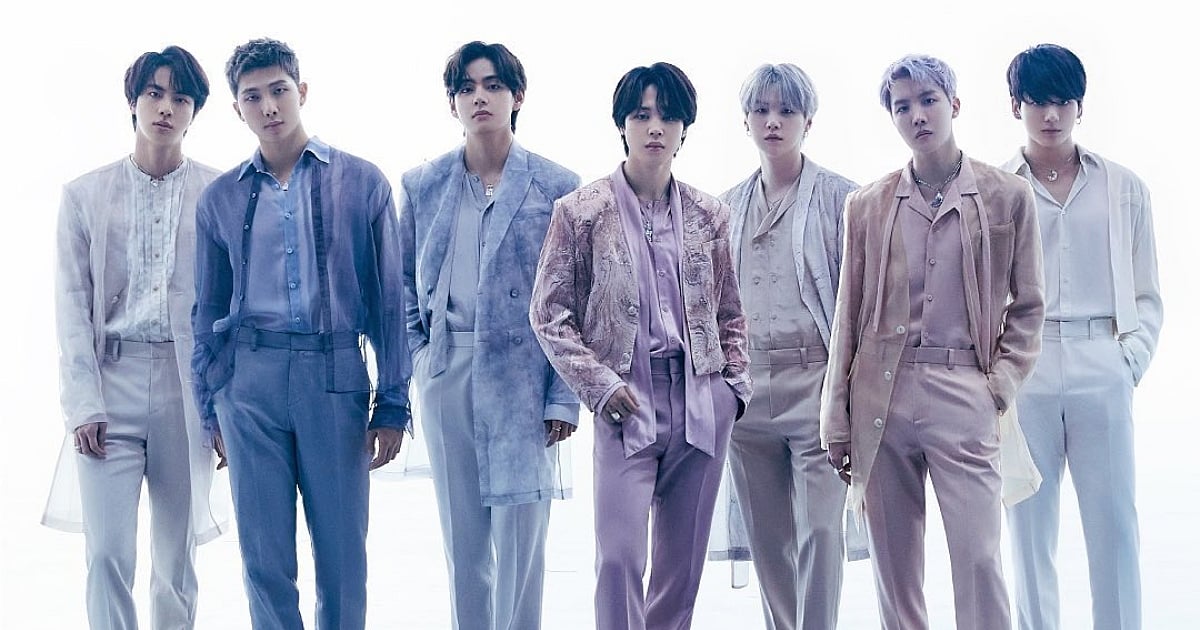
BTS
The Psychology of the "Streak": DearU Bubble
While Weverse tries to be everything to everyone, its rival DearU Bubble (a subsidiary of SM Entertainment) has perfected one specific, incredibly lucrative trick: the paid text message. Bubble operates on a pure Software-as-a-Service (SaaS) model. For about $4 a month per artist, fans receive messages that look like private 1:1 texts.
It sounds simple, but the business margins are huge because sending text requires almost zero overhead compared to shipping physical albums.
The genius of Bubble lies in its gamification of retention. The app features an "anniversary counter" that tracks how many consecutive days you have been subscribed to an artist. If you cancel, that number resets to zero. This exploits the "sunk cost fallacy", where fans refuse to unsubscribe even during an artist's hiatus just to protect their streak.
It turns emotional loyalty into a predictable, recurring monthly revenue stream that investors love. This model contributed heavily to SM Entertainment’s success, with the company’s overall revenue reaching roughly $222 million in Q3 2025, a 32.8% increase year-over-year. Specifically, DearU accounted for approximately 22.3 billion won (about $17.4 million) in revenue during that same quarter, proving that the business of emotional connection is booming.
The Data Goldmine and Strategic Control
Beyond direct revenue, these platforms offer something perhaps even more valuable: data ownership. In the traditional model, when an artist engages with fans on X or Instagram, the social media giant owns the data. By funnelling fans into Weverse or Bubble, K-pop agencies gain full control over user data.
This enables highly targeted marketing and personalised experiences. HYBE’s internal data analysis has identified digital memberships and e-commerce as key growth drivers, allowing them to push specific products to the fans most likely to buy them.
This control also reduces dependence on third-party platforms. A managed space offers a safer environment for fan interactions, minimising the risks of misinformation while maximising revenue opportunities. Furthermore, this infrastructure allows for strategic global expansion.
For instance, HYBE’s integration of Weverse into Tencent Music’s QQ Music in China has opened up new revenue streams geographically, helping the platform’s monthly active users climb to 11.6 million.

New Jeans
As the market matures, we are seeing a divergence in business models. While Weverse aims for scale, new entrants are looking at "premium-ization". ADOR’s app for the group NewJeans, called Phoning, rejects the clutter of a general platform. Designed to look like a retro Y2K smartphone, it is a standalone app dedicated solely to one group.
Phoning costs significantly more than a standard Bubble subscription, around $8.50 a month or $85 a year. Despite the higher price, it drives massive profitability, proving that for top-tier intellectual property, superfans are willing to pay a premium to inhabit a curated world designed specifically for their favourite artist.
The industry must tread carefully, of course. The risk of "wallet fatigue" is real as fans are squeezed for memberships, subscriptions, and digital currency. Yet, the numbers speak for themselves. By turning "fandom" into "subscribers", the K-pop industry has built a financial infrastructure that is resilient, data-rich, and incredibly profitable.
As these companies look forward to a future of AI-driven content and virtual reality, the fan platform is set to remain the beating heart of the K-pop business model.

Author
Krishna Goswami is a content writer at Outlook India, where she delves into the vibrant worlds of pop culture, gaming, and esports. A graduate of the Indian Institute of Mass Communication (IIMC) with a PG Diploma in English Journalism, she brings a strong journalistic foundation to her work. Her prior newsroom experience equips her to deliver sharp, insightful, and engaging content on the latest trends in the digital world.
Krishna Goswami is a content writer at Outlook India, where she delves into the vibrant worlds of pop culture, gaming, and esports. A graduate of the Indian Institute of Mass Communication (IIMC) with a PG Diploma in English Journalism, she brings a strong journalistic foundation to her work. Her prior newsroom experience equips her to deliver sharp, insightful, and engaging content on the latest trends in the digital world.
Related Articles
